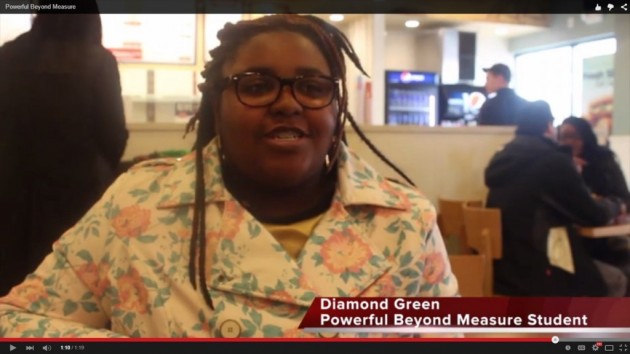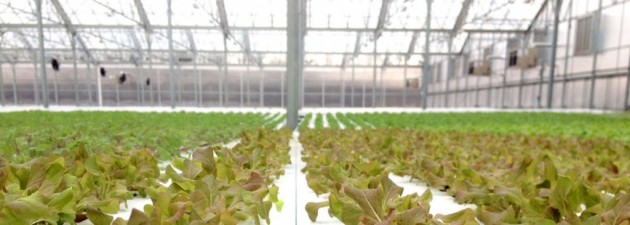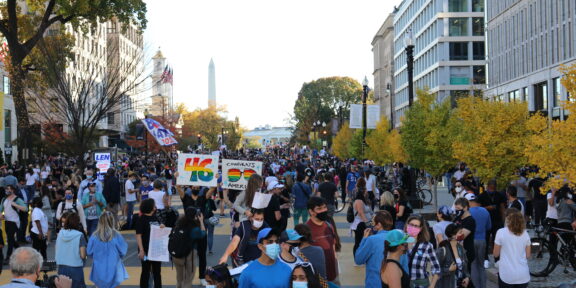
"Black Women in the Criminal Justice System" panelists. Photo by Brelun Douglas
WASHINGTON — Darlene Mathis-Gardner is part of what some say is a shocking statistic.
Mathis-Gardner, who served 13 months in federal prison, is part of the 800 percent increase in the number of African-American woman being locked up in America over the past 30 years.
And like so many of those women, most convicted of non-violent offenses, Mathis-Gardner suffered from many of the afflictions associated with incarceration – shame, family dissolution, employment difficulties, mental issues and more.
Mathis-Gardner joined dozens of others last Wednesday at the Congressional Black Caucus’ “Black Women & the Criminal Justice System: We, Too, Sing America” forum to discuss the effects of the criminal justice system on black women’s health and relations within their families and communities and how to combat these issues.
Brenda V. Smith, law professor at American University and project director of The Project on Addressing Prison Rape, was one out panelists.
She said while 51 of every 100,000 white women are in prison, for the number for black women it twice that.
“Most women are in prison for offenses that are non violent, were talking property or drug offenses,” said Smith.
This rings true for Mathis-Gardner who was incarcerated for embellishing her company’s profile and had to close her business after paying over a million dollars in legal fees.
When black women are in prison for violent offenses, they usually involve men and they are charged disproportionately for them, Smith said.
Natalie A. Jackson, a panelist, lawyer and managing partner at Women’s Trial Group said when African-American women do go to trial on those violent offenses, the same rules don’t apply to them.
“Battered women syndrome is a defense that juries don’t accept for black women because of the stereotype of black women being angry and violent,” Jackson said.
“Black women are working with the perception that you don’t deserve the same consideration that white women do, and you don’t deserve the same treatment that white women do in the system.”
Once convicted and incarcerated, they then find it difficult to get support from family and loved ones, Smith said.
“When a man’s arrested there’s going to be a mom or an auntie or a girlfriend that’s there,” she said, “but when women are arrested and put into the system, there are very few people who show up for them.
With the arrest of the woman also comes the dissolution of the family, she said.
“More often than not, they have left them holding the bag with all of the things the women were doing,” she said. “Maybe these women had children of their own and somebody’s going to have to take care of them so there’s a lot of anger and disappointment.
Smith attributes women’ s terrible experience being incarcerated to the fact that the system was not made for them.
“The kinds of opportunities they have are scarce,” she said. “Men are getting opportunities to do auto body, plumbing or carpeting. Women get opportunities to sew, clean, and cook.”
The panel said one reason the system doesn’t work for black women may be that they are underrepresented in the administration of it.
“I’m in a department of over 150,” said Maj. Charlene L. Hinton, Chief of Staff at Petersburg Bureau of Police, “and I can count the number of women on my hand.”
Hinton said the lack of black women in law enforcement makes it difficult for those responsible for the administration of the system to understand and communicate with black inmates.
“They don’t always understand that culture and they don’t always have the ability to communicate with the people that they serve,” Hinton said, “and that’s where were seeing a lot of problems generate.”
But once women are freed from incarceration, the struggles do not stop, Hinton said. “Many coming out with mental and health issues, she said.
Mathis-Gardner said that was true in her experience with prison.

Darlene Mathis-Gardner. Photo by Brelaun Douglas
“The missing piece of my incarceration was the mental health,” she said. “I had bi-polar disorder, depression and anxiety disorder and the prison is not allowed to give the same medications that you take when your home.
“They tell you can bring in three-months supply until they get you checked through, but for me my medication was taken away. So, I was (without medication) for almost six months. It was a horrible experience for the type of mental illness that you had, and you’re not able to get the right medical and mental healthcare in prison.”
Women also have to deal with the impact of their incarceration on their family and friends.
“Family has changed tremendously,” Mathis-Gardener said. “I’m blessed to have a wonderful husband, but it has been very difficult for him.
“My children, when you Google me , my crime comes up under there name, which is so unfair. My older daughter is having a hard time with the adjustment as well as my younger daughter because they have been denied employment because of my record. You have people that you once knew that cannot be involved with you because you are now a felon.”
But how are black women in the criminal justice system to be better helped?
Smith wants people to push their congressperson to get rid of mandatory minimums that are disproportionate to communities of color. Jackson agrees that fighting through the legal system is the best way to go.
“We know we can’t address it with our hearts,” she said, “so we have to address it with legislation.








